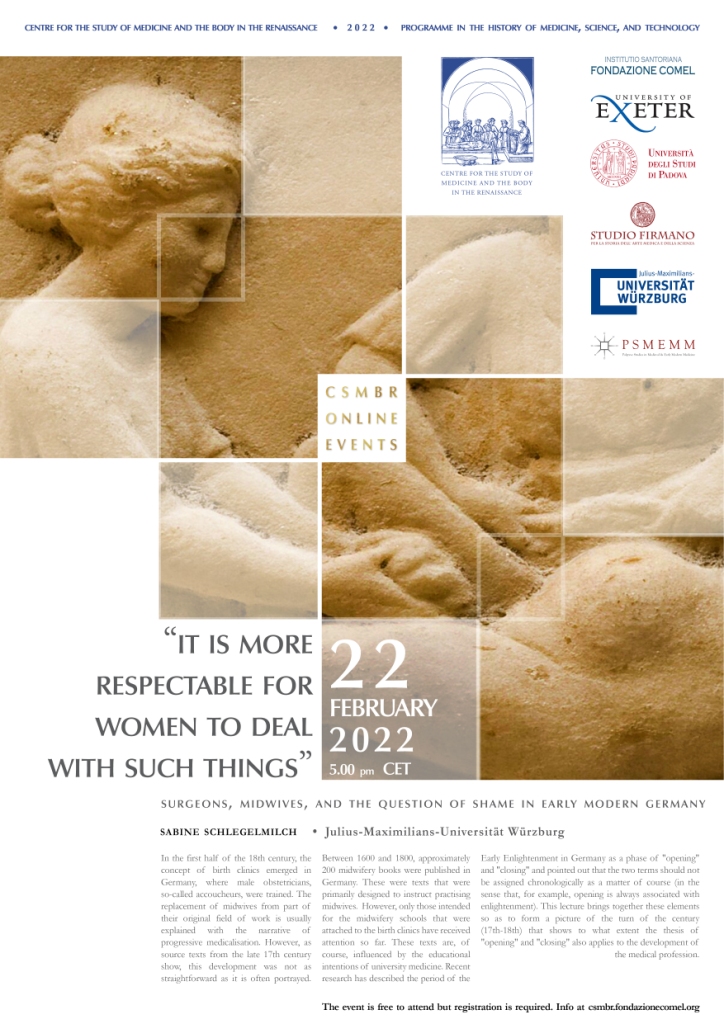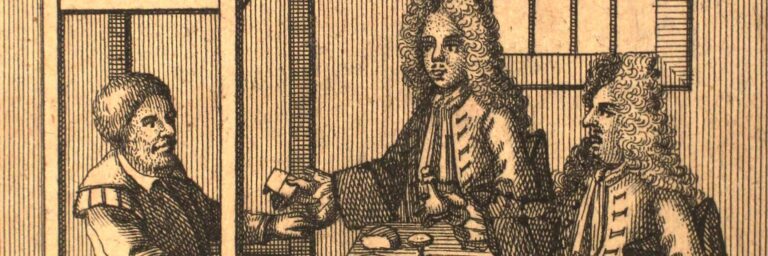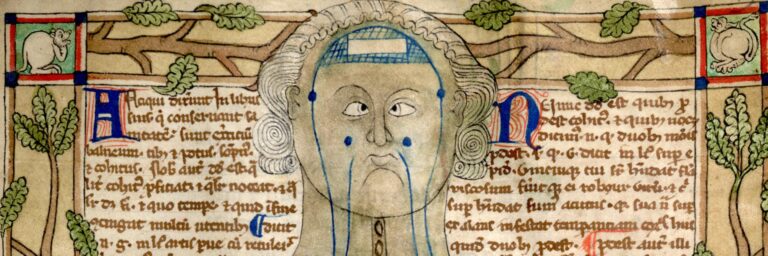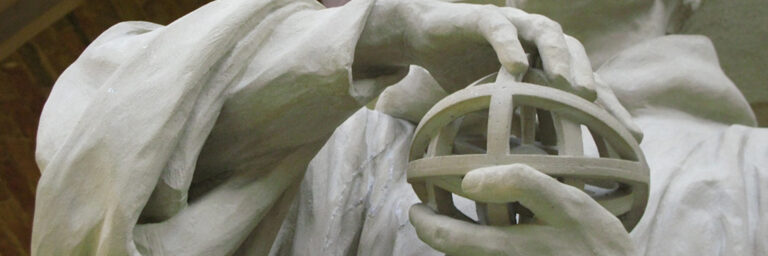Surgeons, Midwives and the Question of Shame in Early Modern Germany
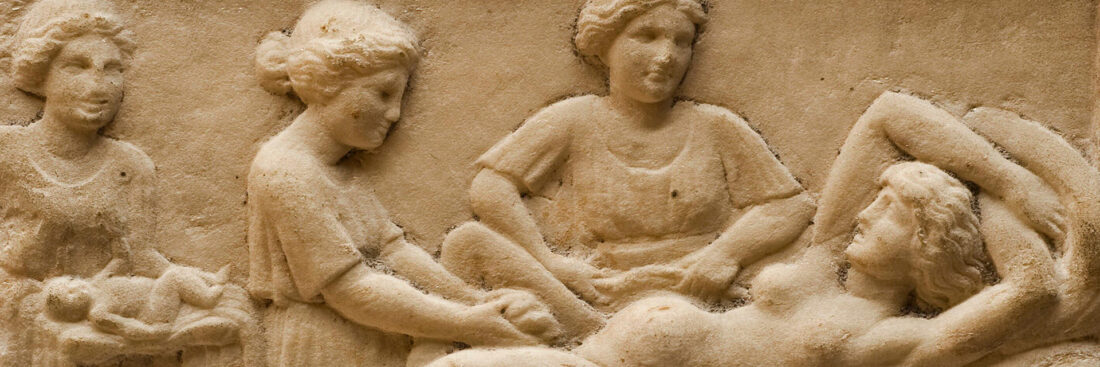
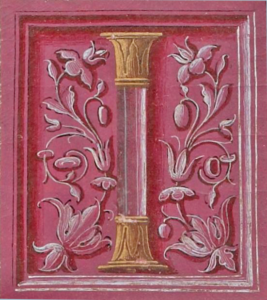
"It is More Respectable for Women to Deal with Such Things"
Surgeons, Midwives and the Question of Shame in Early Modern Germany
Sabine Schlegelmilch
22 February 2022 – 5 PM (CET)
In the first half of the 18th century, the concept of birth clinics emerged in Germany, where male obstetricians, so-called accoucheurs, were trained.
The replacement of midwives from part of their original field of work is usually explained with the narrative of progressive medicalisation. However, as source texts from the late 17th-century show, this development was not as straightforward as it is often portrayed.
Between 1600 and 1800, approximately 200 midwifery books were published in Germany.
These texts are, of course, influenced by the educational intentions of university medicine. Earlier copies from the 1670s-1730s, however, paint a different picture.
These texts are, of course, influenced by the educational intentions of university medicine. Earlier copies from the 1670s-1730s, however, paint a different picture.
They depict a widely unknown discussion about the role and tasks of midwives.
This discussion, characterised by a positive image of midwives, was only possible in Germany in this way during the period of the early Enlightenment, when the “learned” woman was still an accepted image. As a result, and only for a short time, midwives even began to write books themselves for their professional colleagues.
Recent research has described the period of the Early Enlightenment in Germany as a phase of “opening” and “closing” and pointed out that the two terms should not be assigned chronologically as a matter of course (in the sense that, for example, opening is always associated with enlightenment).
This lecture brings together the factors mentioned so far to form a picture of the turn of the century (17th/18th), that shows to what extent the thesis of “opening” and “closing” also applies to the development of the medical profession.
About the Speaker ...
Sabine Schlegelmilch is an Assistant Professor at the Institut für Geschichte der Medizin – Universität Würzburg.
A classical philologist by training, Prof. Schlegelmilch’s resercheas aspects of the cultural and intellectual history of medicine in the Early Modern period, with a focus on German-speaking countries and the formation of German Doctors, focusing particularly Johan Magirus (1615-1697).
Amongst her recent publications, it is worth mentioning the book Citizen, God and Protégé of Gods. Children’s Pictures of Hellenistic art and Literature (DeGruyter 2009).



